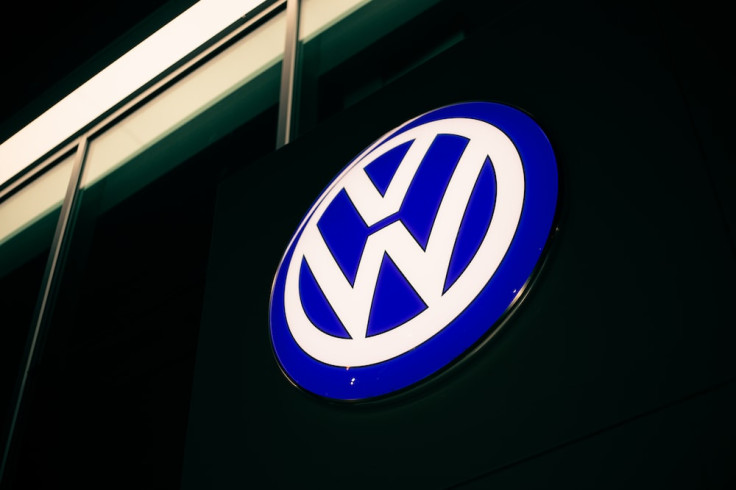South Africa Advised To Overcome Coal Dependence For EVs To Stay Relevant

South Africa's locally produced electric vehicles, an important part of the government's plan to reduce greenhouse gas emissions, will not be environmentally friendly unless the country reduces its dependence on coal, Volkswagen's country head said Wednesday.
EVs wouldn't make sense for the domestic market, Martina Biene, Volkswagen South Africa's managing director, told Reuters, noting that South Africa is highly dependent on fossil fuels for power generation.
"The fundamental thing is that finally, the source of power can't be coal in the long-term for us to make EVs a thing which is not only an emission-free vehicle but also helps to save the climate," she said.
Biene further explained, for Volkswagen to meet its emissions-reduction targets, the company was counting on progress toward decarbonizing the power sector to reach its goal of being a carbon-neutral manufacturer by 2050.
In 2018, the government issued an Automotive Masterplan to help local makers achieve 1% of global production, increase the use of local materials to 60% from 39%, and raise employment. However, the Masterplan did not include any policy on EVs, leaving several questions about the government's commitment to supporting the shift to electric vehicles.
Despite South Africa's recent strides in the shift to electric vehicles in comparison to the rest of the globe, the country recorded only 1559 EV units sold at the beginning of 2022. The country is still lagging behind other emerging markets such as India and Mexico.
As part of their commitment to reducing emissions globally, rich nations have already pledged $8.5 billion to help South Africa. However, the South African government is still seeking more financial support - about 128 billion rands ($7.5 billion) to fund their efforts in transitioning to EVs, according to Reuters.
Meanwhile, the $8.5 billion deal includes contributions from the United States, the United Kingdom, France, Germany, and the European Union. However, a conflict of interest reportedly emerged between South Africa and the contributing nations due to the former's desire to spend money on electric vehicles and renewable hydrogen instead of simply replacing coal with wind and solar power.
Furthermore, South Africa is seeking additional funding in grants, and not loans, which can saddle developing countries with debt.
© Copyright 2025 IBTimes ZA. All rights reserved.

















